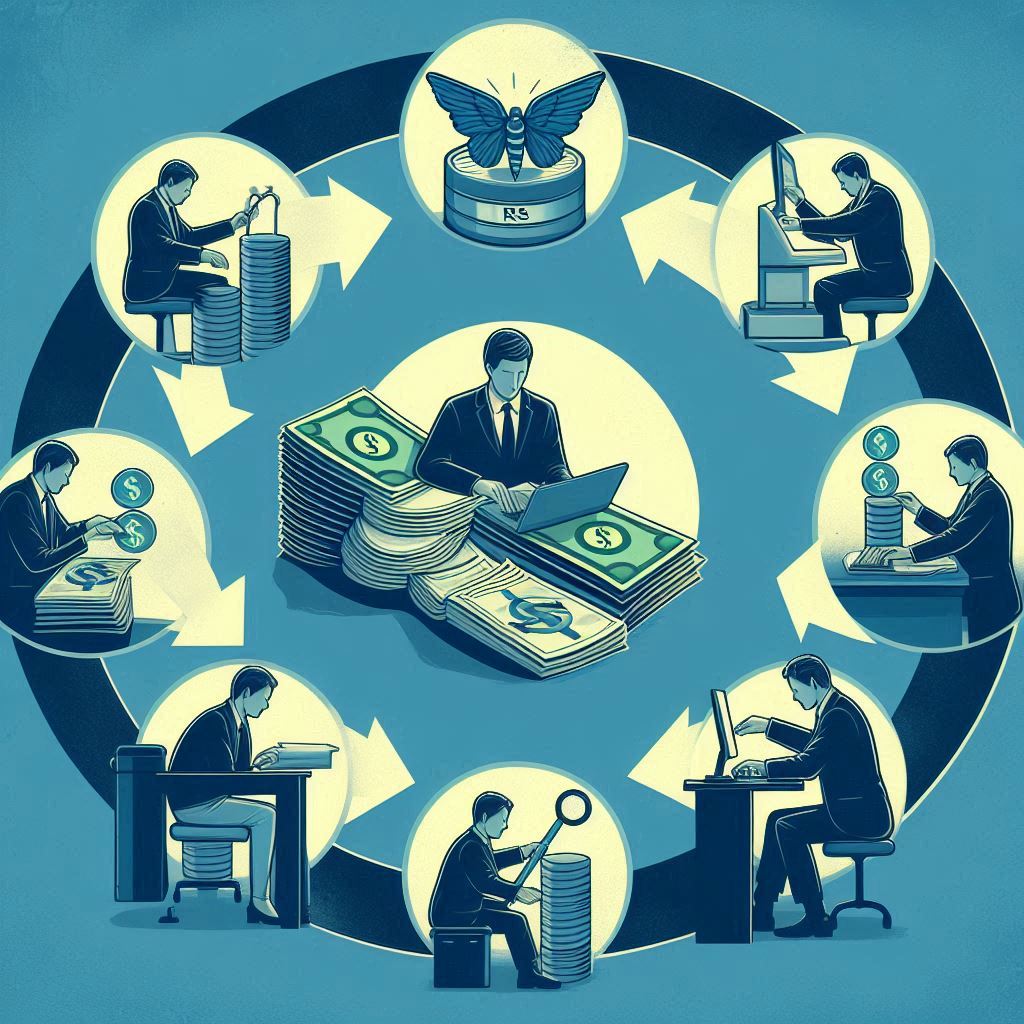-

What is Revenue Cycle Management in Behavioral Health? A Beginner’s Guide
Introduction Revenue Cycle Management (RCM) is the financial lifeblood of healthcare, yet in behavioral health, it’s often misunderstood or underprioritized. While clinicians focus on therapeutic care, the process of converting those services into steady revenue requires complex, synchronized administrative operations. RCM encompasses every step from the patient’s first contact to the final payment received—from verifying…
-

Revenue Leakage in PsychCare: Causes, Consequences, and Cures
Introduction Revenue leakage in psychiatric care is one of the most underestimated threats to clinical sustainability. Unlike outright financial losses due to fraud or massive billing errors, revenue leakage is incremental, invisible, and often undetected until it severely affects a clinic’s profitability and patient service capacity. It arises from missed reimbursements, underpayments, preventable denials, and…
-

The True Cost of Poor Revenue Cycle Management in Psychiatric Clinics
Revenue Cycle Management (RCM) is a foundational process in every healthcare organization, responsible for managing the financial life cycle of patient care—from appointment scheduling and insurance verification to final payment collection. In psychiatric clinics, where services are often under intense scrutiny, highly regulated, and deeply nuanced, poor RCM practices can have devastating consequences. The costs…
-

The 7 Key Stages of Revenue Cycle Management in Mental Health Practices
Revenue Cycle Management (RCM) is the comprehensive process that mental health practices use to track revenue from patients—from initial appointment scheduling through final payment collection. Unlike general medical practices, mental health settings must navigate additional regulatory, clinical, and administrative complexities. These include nuanced insurance coverage, stringent documentation requirements, and varying patient engagement patterns. Understanding and…
-

The True Cost of Poor Revenue Cycle Management (RCM) in Psychiatric Clinics
In the intricate world of psychiatric care, ensuring patients receive timely, compassionate, and effective treatment is paramount. However, behind every clinical encounter lies a complex financial framework that supports the sustainability of care delivery: Revenue Cycle Management (RCM). RCM in psychiatric settings involves a series of interconnected administrative and clinical functions that drive revenue through…
-

The 7 Key Stages of Revenue Cycle Management in Mental Health Practices
In the intricate landscape of healthcare, revenue cycle management (RCM) serves as the lifeblood of any practice’s financial health. But in mental health—or PsychCare—RCM is not just a business process. It’s a clinical-financial symbiosis that profoundly influences patient care, operational sustainability, and long-term success. Unlike general medicine, mental health practices face distinct challenges such as…
-

Why PsychCare Needs Specialized RCM: Breaking Down the Differences from General Healthcare
Revenue Cycle Management (RCM) is the financial heartbeat of any healthcare organization, encompassing the entire process of managing claims, payments, and revenue generation. While the principles of RCM are universal—capture, bill, collect—how they are applied varies greatly depending on the type of care provided. Nowhere is this more evident than in PsychCare (mental and behavioral…
-

What is Revenue Cycle Management in Behavioral Health? A Beginner’s Guide
Mental health and behavioral health care have taken center stage in today’s healthcare landscape, especially in the wake of the COVID-19 pandemic. With increasing recognition of the importance of mental well-being, more individuals are seeking services from psychologists, psychiatrists, counselors, and social workers. However, while delivering care remains the top priority for behavioral health professionals,…

Monday – Saturday 9AM – 5PM
Sunday – CLOSED





